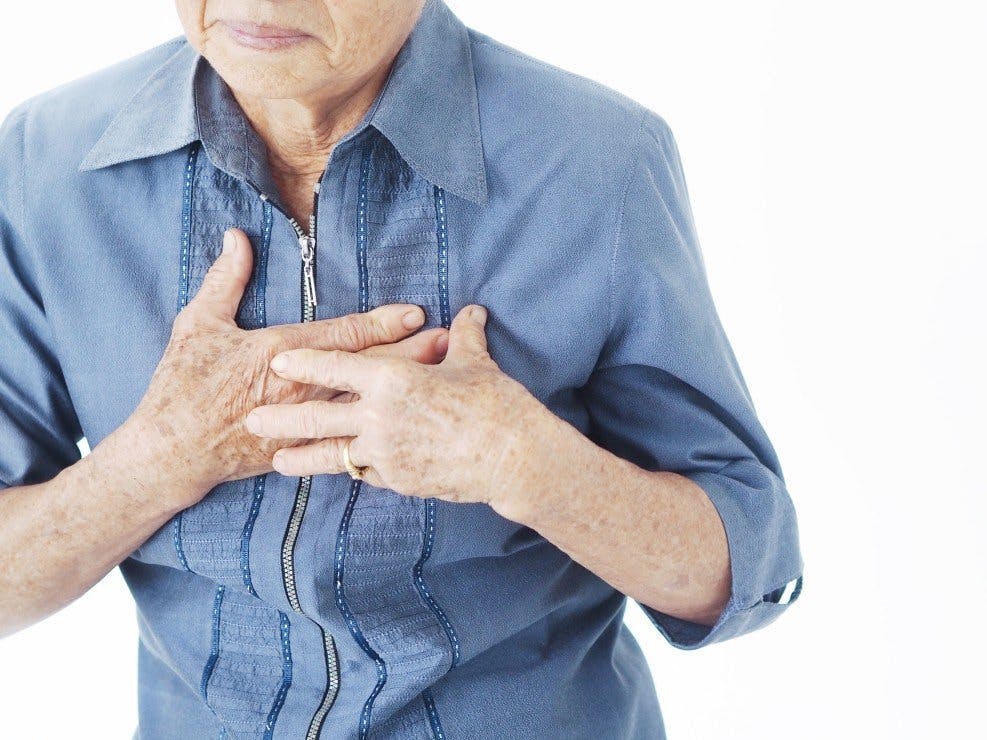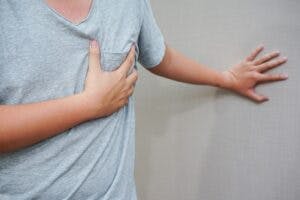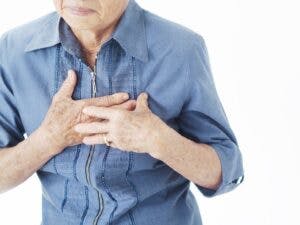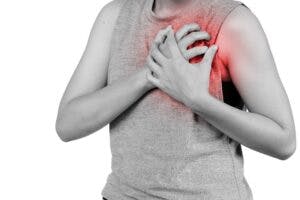What is a Stroke and How Does it Affect Seniors?

Strokes are the third leading cause of death in the United States, impacting millions of people each year.
What is a Stroke?
Simply put, a stroke is when a human’s brain and brain tissue cannot get enough oxygen from the body, interrupting its ability to function fully. As the brain loses ability to function, due to the decreased flow of blood, brain cells begin to deteriorate and die, sometimes causing extreme and permanent brain damage.

If an individual suffers a mini-stroke, also known as a transient ischemic attack (TIA), he or she most likely will not experience permanent damage, as mini-strokes are less severe than regular strokes. A mini-stroke is simply a stroke that is not as severe as a regular stroke, and symptoms usually subside within 24-hours.
How to Recognize a Stroke
The signs and symptoms of a stroke are very recognizable, as they are unique and are very rarely present during any other medical emergency. Such symptoms include:

- Difficulty speaking
- Trouble with vision in one or both eyes
- Difficulty walking
- Paralysis in legs, arms or face, often on one side of the body
- Numb sensation throughout the body or on one side of the body
- Severe mental fogginess or confusion
Any sign of these symptoms should result in an immediate trip to a doctor or an emergency room. If an individual is experiencing a mini-stroke, he or she will likely experience the same symptoms as a regular stroke but will likely not last longer than a day and will not cause permanent damage.
Sometimes the symptoms of a stroke can be confused with the signs and symptoms of a heart attack. The differences between a stroke and a heart attack lie within the main cause of the symptoms. A heart attack is a result of Coronary Artery Disease and occurs when a blood vessel is blocked, and the heart can no longer receive blood flow. On the other hand, a stroke is when oxygen is no longer being delivered to the brain, causing the body to experience the symptoms of a stroke.
It is important to do the ‘FAST’ test when an individual is experiencing signs or symptoms of a stroke. ‘FAST’ stands for:
- Face: Does one side of the face drop or appear to be droopy when the person attempts to smile? If so, seem immediate medical attention.
- Arms: Can this individual raise both arms? If one has difficulty or cannot stay in the air, seek out medical attention immediately.
- Speech: Pay close attention to their speech. If they are unable to repeat a simple phrase or their speech is impacted and slurred, medical attention should be sought out.
- Time: If you have gone through the F,A,S aspect of ‘FAST’ and you feel as though the person is in fact suffering from a stroke, it is time to call a medical professional. Seeking out medical attention right away can help the individual with recovery and will set them up to have a successful life post stroke.
What Causes a Stroke?
When an individual experience and suffers from a stroke, the underlying root causes can be determined based on their personal medical history and underlying medical conditions. There are several causes of stroke, including:

- Blood clots, specifically Carotid Artery Disease, which is a blocked blood vessel in the neck.
- Heart attack
- Arrhythmia, also known as an irregular heartbeat
- Long term high blood pressure
- Long term use of medication that can cause blood clots
- Low blood pressure
- Air embolus
- Severe infections
- Excessive drug use
It is imperative for all individuals, especially those over the age of 65, to speak to a medical professional about their inherent risks of suffering a stroke.
Each individual will have a different likelihood to experience a stroke, based on their environmental factors, as well as their personal medical history.
How Does a Stroke Impact A Body?
Those who suffer a stroke may feel the impacts of a stroke differently, as no two recovery journeys are the same. After an elderly individual suffers a stroke, he or she may experience:
- Paralysis on either side of the body
- Vision problems
- Memory loss
- Dizziness
- Nausea
- Lack of coordination or balance
- Difficulty with speech or language
- Changes in behaviors
- Difficulty with swallowing
As our body ages, we may respond to the impacts of a stroke differently. For elderly individuals who have suffered from a stroke, he or she may take more time to bounce back and may not recover the way a younger individual would. As elderly individual age, he or she may not have the energy that they once had and may take a much larger timeframe to heal, if they can heal fully at all. Elderly people that have suffered a stroke may have to hire an in-home caregiver to help them during their recovery times and while they are looking to heal from their stroke.
If you or a loved one are experiencing signs and symptoms of a stroke or complications from a stroke, it is imperative to seek out medical attention right away, as that will increase chances of recovery and survival.
